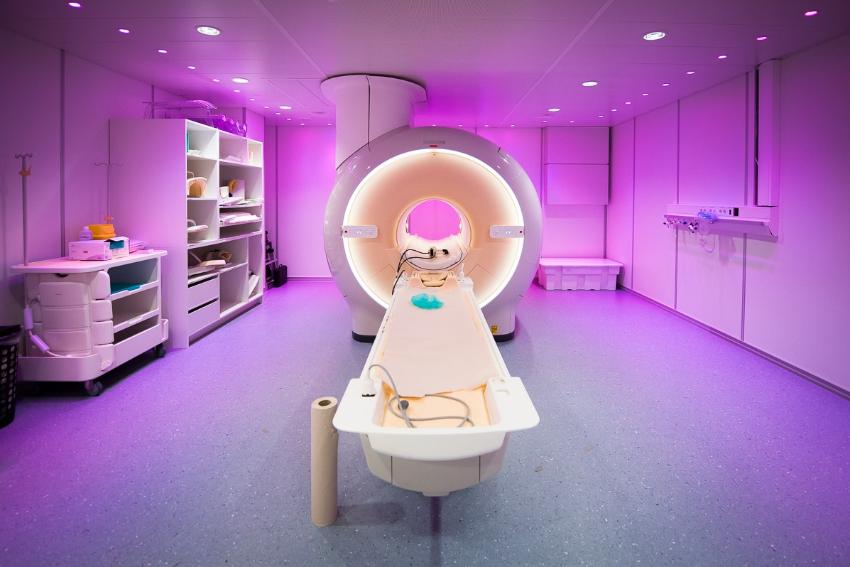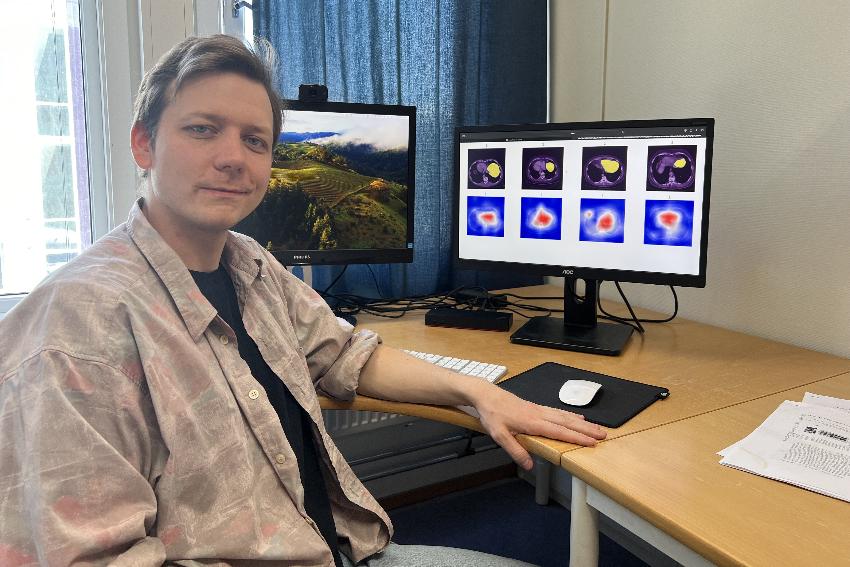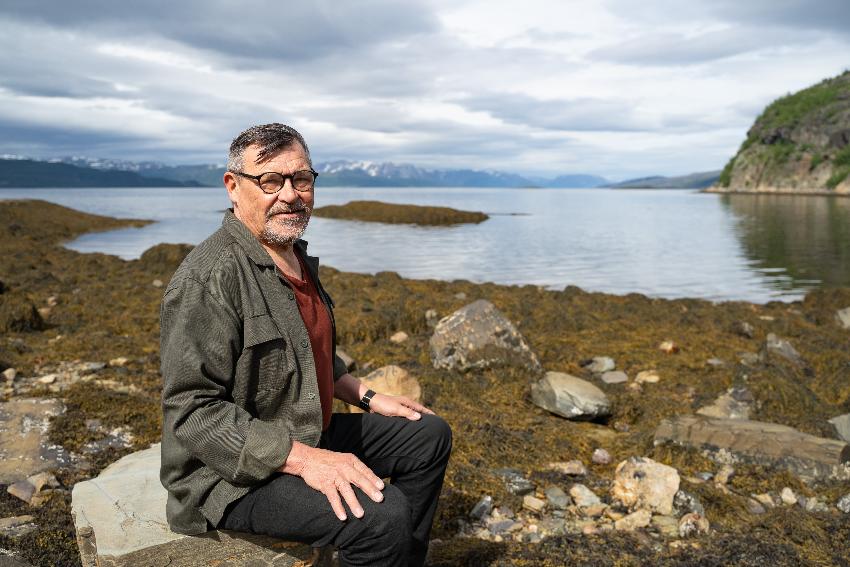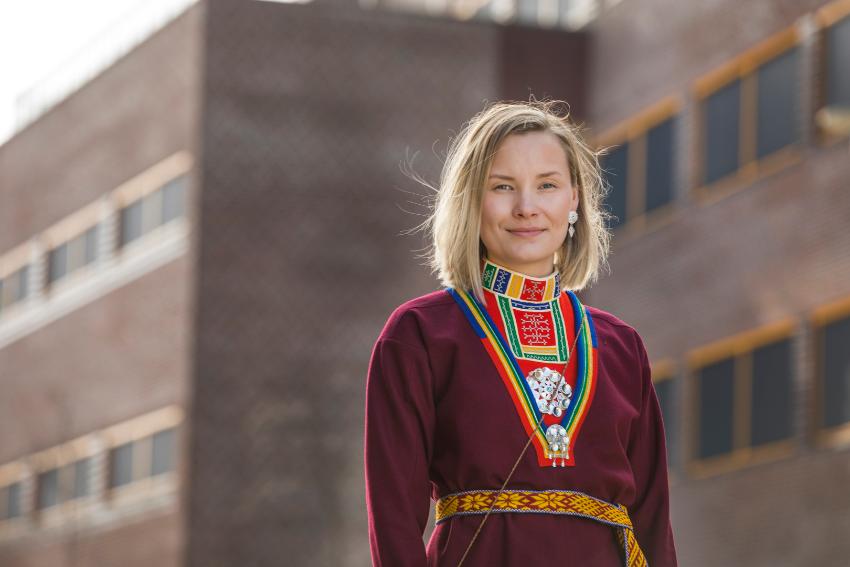Contributes to local solutions in the Arctic
How can small and medium-sized enterprises in the Arctic be developed in a sustainable way? Researchers from UiT and the University of Oulu discuss entrepreneurship in the Arctic during the Arctic Congress.

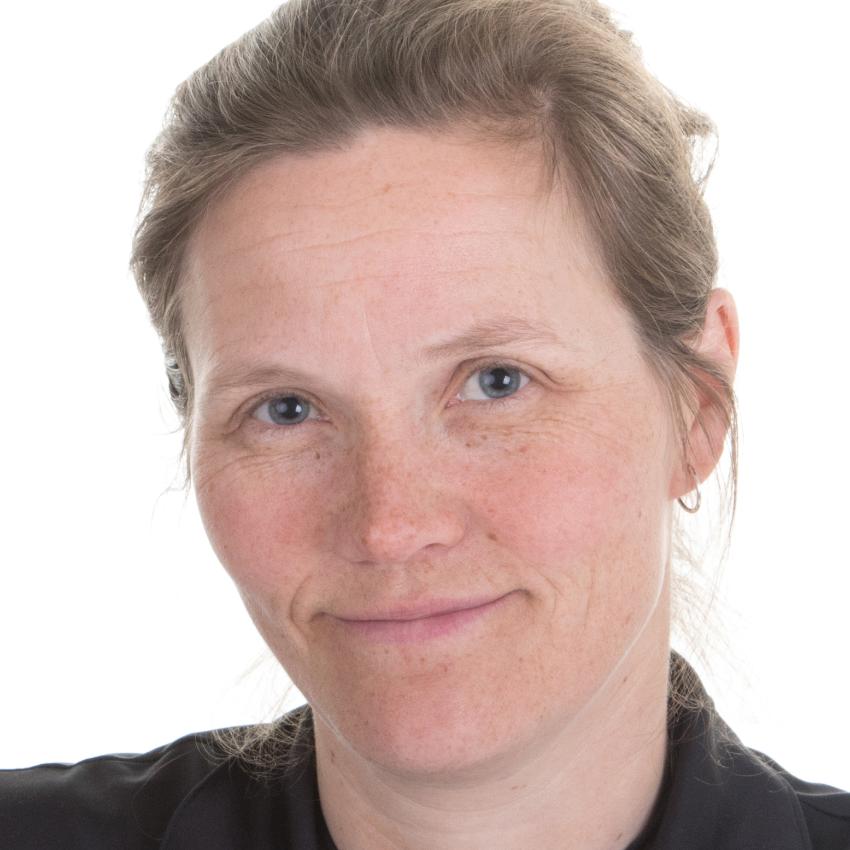
"Thriving businesses are a prerequisite for thriving local communities. We try to understand the logic of Arctic companies and find out what makes some of them successful and what they may need", says Professor Svein Tvedt Johansen at the Business School at UiT.
He is doing research on small and medium-sized enterprises in the Arctic, and is one of the initiators of the thematic network Managing small and medium-sized enterprises in the North, which is under the international network of universities, UArctic.
The thematic network has existed since 2011, and includes universities in Finland, Alaska and Great Britain, in addition to UiT.
"There was no such network in UArctic when we created it, which was a bit strange, considering that most companies in the North are small, they are often located in rural communities and have challenges related to logistics and recruitment", says Johansen.
Through the thematic network, several research groups within this theme have a place to exchange research and discuss issues. Some of them meet during the Arctic Congress, which is held in Bodø from 29 May to 3 June.
Young people dream of building a sustainable world
The thematic network has for instance made it easier for Professor Matti Muhos from the University of Oulu to collect data from several countries in the Arctic region for his research projects.
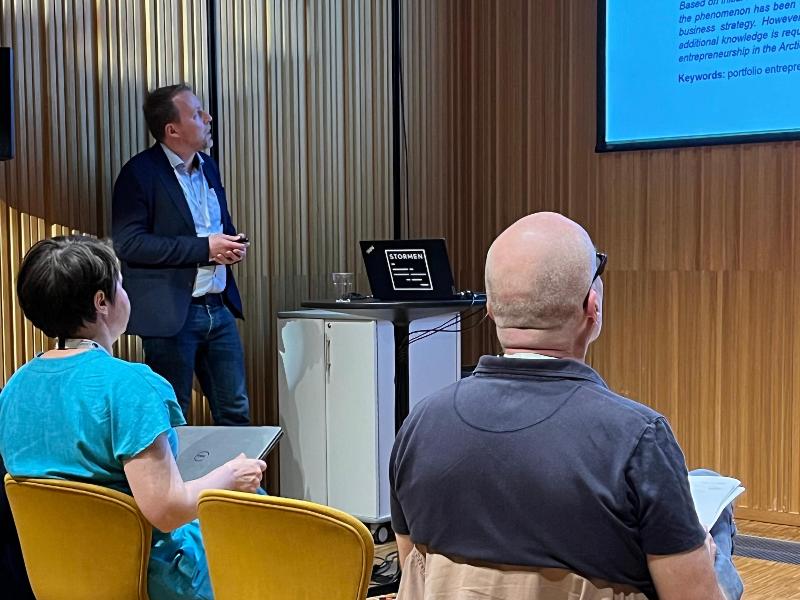
Among other things, Muhos looks into entrepreneurship from a contextual perspective, and how the companies themselves define growth. Some of what he has studied are start-up companies in the Arctic part of the Nordic region, among entrepreneurs who were born in 1996 or later.
"It is very interesting to see how much the business ideas and dreams of young generations, who have grown up in a Nordic context, are related to building a more sustainable world", says Muhos.
The place can be important in itself
Johansen highlights another dimension, namely what places in themselves can mean for the success of businesses. The fact that residents of a local community feel pride and identity linked to the place can, for example, make them more willing to contribute to the survival of businesses.
"When you have a company that is located in an isolated community, we see how important social capital and belonging are. This is important in many Arctic societies", says Johansen.
He believes the thematic network can contribute a lot of knowledge to the small and medium-sized companies in the Arctic region, as several subject areas are brought together and can contribute useful knowledge. The network will also host an Arctic entrepreneurial fund that will stimulate new, innovative ideas.
The Arctic is not Silicon Valley
"We want to contribute with our insight and support young entrepreneurs in the Arctic. We need a contextual understanding of what it means to build a business here in the Arctic, which generic models from other places, such as Silicon Valley, do not necessarily take into account", says Muhos.
He adds that the more we understand the needs and motivations of those who live in the Arctic areas and what is the logic within Arctic business activities, the greater the opportunities to be able to develop good and sustainable business models for these areas.
"Knowledge can always be used to build platforms for decision-making when it comes to how the Arctic should be developed. We want to provide tools for this understanding to improve, so that the decision-makers get a clear picture", says Muhos.
